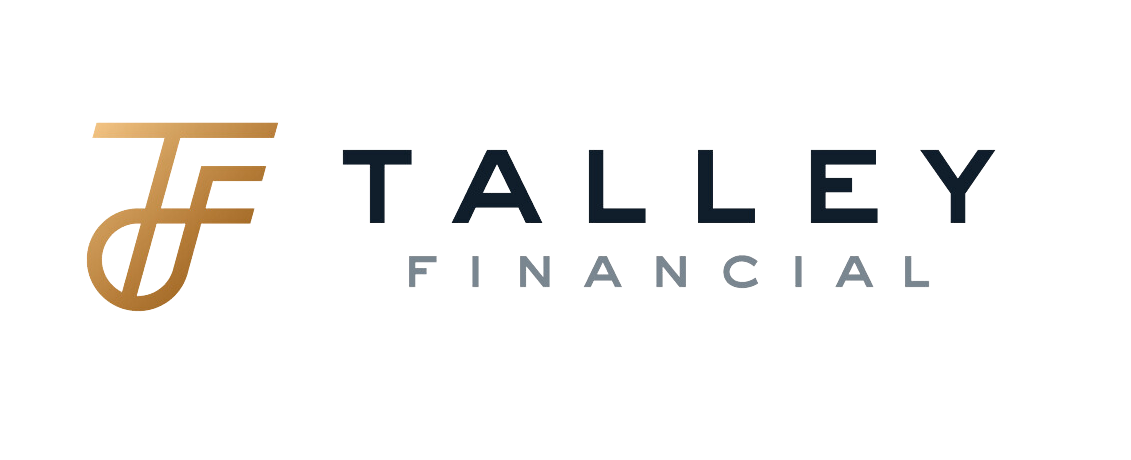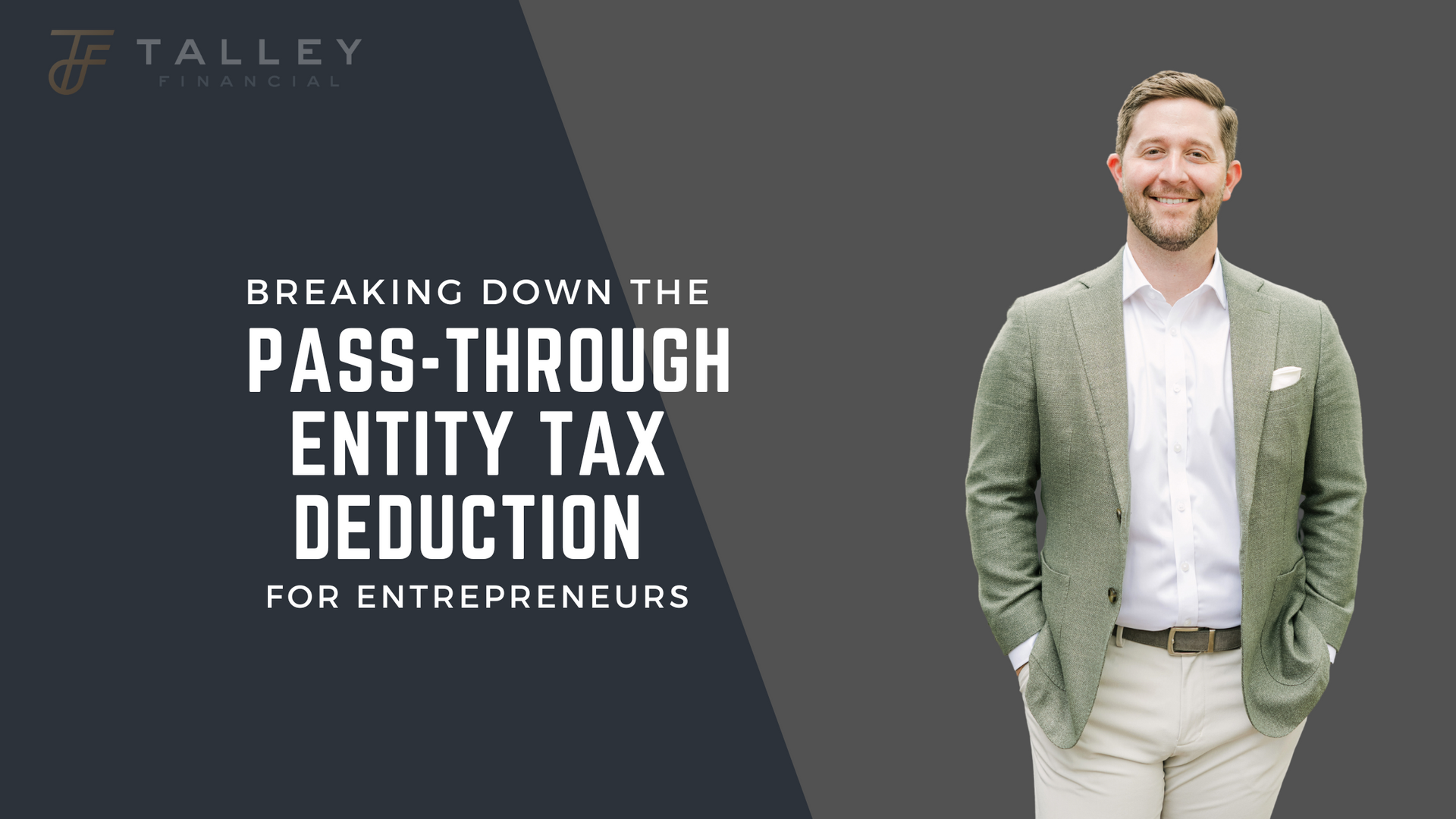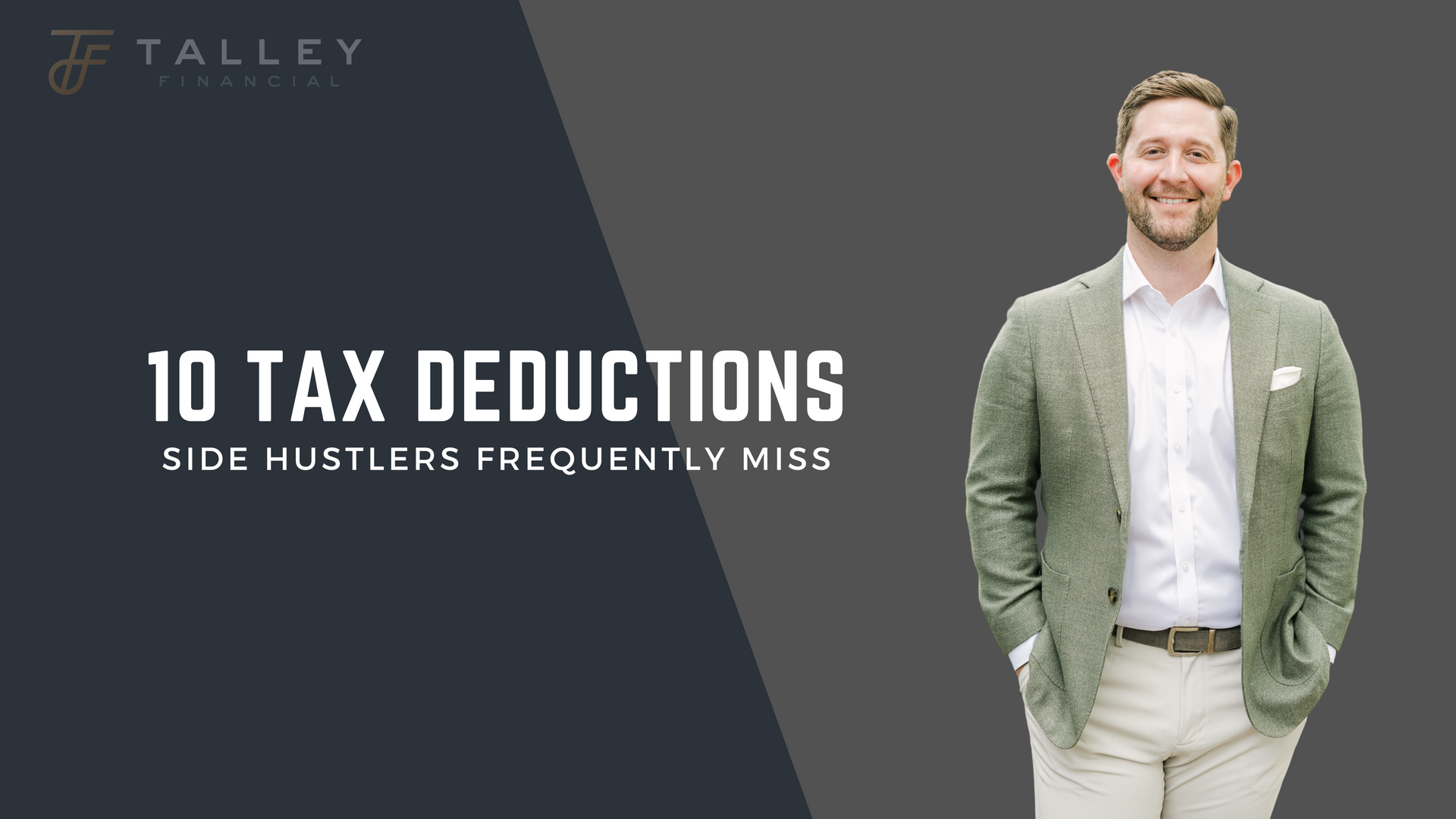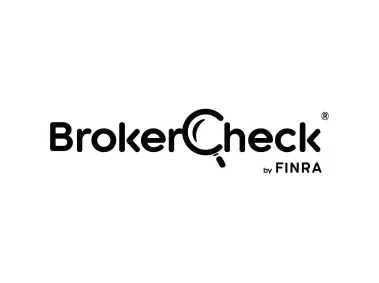Plan for early retirement with expert guidance from David Talley, Certified Financial Planner and Tax Advisor in Johnson City, TN. This comprehensive guide offers actionable tax strategies tailored for entrepreneurs, executives, and family offices in the Appalachian Highlands. From Roth IRA conversions to tax-efficient withdrawal strategies, learn how to align your wealth with your goals while minimizing tax liabilities. At Talley Financial, we simplify financial complexity and provide personalized investment advice, retirement plans, and tax strategies for families and businesses. Ready to achieve financial clarity and confidence? Explore our services: Talley Financial Pricing & Services.
Smart Tax Strategies for Early Retirement: How to Keep More of Your Money
By David Talley, CFP®
Introduction:
Planning for early retirement is a dream for many, but it requires more than just saving money—it involves strategic tax planning to maximize your savings and minimize your tax liabilities. For those who retire early, taxes can become a major hurdle. Fortunately, with careful planning, it's possible to significantly reduce your tax burden in the years before traditional retirement age, allowing you to keep more of your hard-earned money. Understanding how to manage taxes in early retirement can significantly impact your financial security. In this guide, we'll explore key tax strategies to help optimize your tax situation during this exciting phase of life.
Understanding Taxes in Early Retirement:
One of the first steps in planning for early retirement is understanding the tax implications of different income sources and how they will affect your retirement finances. Early retirees often need to rely on their personal savings, investment accounts, and other non-wage income, which can bring both challenges and opportunities in terms of taxes.
Tax-Free Early Retirement Possibilities
In early retirement, it's possible to minimize—or even eliminate—taxes through strategic planning. A critical component of this strategy involves understanding the tax treatment of your income sources. For example, while distributions from traditional retirement accounts (such as 401(k)s and IRAs) are taxed as ordinary income, qualified withdrawals from a Roth IRA are tax-free. That can result in significant savings, especially if you can delay withdrawals from your tax-deferred accounts until later in retirement when your income may be lower.
Another area to consider is the timing of your Social Security benefits. Though Social Security can be a significant part of retirement income, up to 85% of Social Security benefits may be taxable depending on your overall income. Properly managing your income streams can help you avoid unnecessary taxes on your Social Security benefits. For more on how Social Security benefits are taxed, visit IRS Social Security Tax Guide.
Social Security and Retirement Account Distributions
In early retirement, many retirees depend on their personal savings or distributions from retirement accounts to cover living expenses. However, understanding the taxation of these income sources is critical to managing your overall tax burden. Distributions from traditional retirement accounts like 401(k)s and IRAs are generally taxable at your ordinary income tax rate. But the tax treatment of Roth IRAs is different: qualified distributions are tax-free.
This distinction is essential in your planning. Roth IRAs can be especially useful for early retirees, as the funds in a Roth IRA grow tax-free, and you can access them without penalty (if certain conditions are met). Therefore, it's important to strategize about when to withdraw from which accounts to minimize taxes and ensure you're drawing down your assets efficiently. For more information, check out Investopedia's Guide on Roth IRAs.
Strategies for Minimizing Taxes in Early Retirement:
Let's dive into the specific strategies that can help you reduce your tax burden during early retirement. These strategies often require long-term planning and foresight, but the tax savings can be substantial.
Utilizing Roth Conversions
One powerful strategy for reducing taxes in early retirement is converting traditional IRA funds to a Roth IRA during low-income years. A Roth IRA conversion involves moving money from a traditional IRA or 401(k) to a Roth IRA. While you'll need to pay taxes on the amount converted in the year of the conversion, the benefit is that the Roth IRA grows tax-free, and future withdrawals will be tax-free as well.
For many early retirees, especially those who experience a significant reduction in income upon retirement, this strategy can be incredibly beneficial. By converting funds in low-income years, you can lock in a lower tax rate on the converted amounts. Additionally, the funds in the Roth IRA will continue to grow without future tax liability, offering tax-free income when you need it most. Learn more about Roth IRA conversions in the IRS Roth IRA Guide.
Managing Withdrawals
Carefully managing your withdrawals is another key strategy for minimizing taxes in early retirement. The timing of your withdrawals can affect your taxable income, so it's important to plan your distributions to avoid triggering higher tax brackets. For example, you might consider withdrawing only enough from your tax-deferred accounts to keep yourself in a lower tax bracket, leaving the rest of your funds to grow tax-deferred until you need them.
One consideration to keep in mind is the 10% early withdrawal penalty on distributions from retirement accounts before age 59½. However, there are exceptions to this rule, such as for medical expenses, disability, or substantially equal periodic payments (SEPPs). By understanding these exceptions, you can avoid unnecessary penalties and keep more of your money. For more information, visit IRS Early Distribution Penalties.
Taking Advantage of Tax Deductions and Credits
During your working years, maximizing contributions to tax-advantaged accounts (like 401(k)s and IRAs) and utilizing tax credits was likely part of your financial strategy. However, even in early retirement, there are still opportunities to leverage tax deductions and credits to reduce your tax bill.
For instance, if you are still earning some income in early retirement, contributing to a Health Savings Account (HSA) or a SEP IRA can provide immediate tax savings. Additionally, depending on your income level, you may qualify for tax credits like the Saver's Credit or credits related to energy-efficient home improvements. To learn more about tax deductions and credits, visit IRS Tax Deductions and Credits.
Expanded Checklist for Managing Taxes in Early Retirement:
Here's an actionable checklist that can help you stay on track and ensure you're maximizing your tax savings in early retirement:
- Assess Current Income : Calculate your projected income from all sources, including savings, investments, and Social Security benefits. This will help you understand which tax bracket you'll fall into and guide your withdrawal strategy.
- Plan Roth Conversions : Consider converting traditional IRA or 401(k) funds to a Roth IRA during low-income years. Keep in mind that this will create taxable income, so be strategic to avoid bumping into a higher tax bracket.
- Schedule Withdrawals : Plan your withdrawals carefully to avoid pushing yourself into a higher tax bracket. Aim to withdraw only what you need to cover living expenses while keeping taxable income as low as possible.
- Explore Penalty Exceptions : If you need to access funds before age 59½, understand the exceptions to the 10% early withdrawal penalty. For example, using retirement funds to pay for qualified medical expenses can help you avoid penalties.
- Maximize Tax Deductions : Take full advantage of tax deductions and credits, including contributions to an HSA, SEP IRA, or any other tax-advantaged account. Additionally, explore tax credits like the Saver's Credit if applicable.
- Consult a Financial Advisor : Given the complexity of tax laws, consulting a financial advisor with experience in retirement tax planning can provide you with tailored strategies to minimize taxes in early retirement.
Avoiding Early Withdrawal Penalties
For many retirees, accessing retirement savings before the age of 59½ is a necessity, but it can come with costly penalties. Fortunately, there are several ways to avoid the 10% early withdrawal penalty. Understanding these exceptions is key to accessing your funds without unnecessary penalties.
Exceptions to the 10% Penalty
There are several situations in which you can avoid the 10% penalty on early withdrawals. Some of the most common exceptions include:
- Medical Expenses : If you have qualifying medical expenses that exceed 7.5% of your adjusted gross income (AGI), you can withdraw funds penalty-free.
- Disability : If you become permanently disabled, you can take penalty-free withdrawals from your retirement accounts.
- Substantially Equal Periodic Payments (SEPP) : By establishing a schedule of substantially equal periodic payments from your retirement accounts, you can avoid penalties.
For more on penalty exceptions, visit IRS Exceptions to Early Withdrawal Penalties.
Long-Term Tax Planning in Early Retirement
While it's essential to focus on minimizing taxes in the short term, long-term tax planning is equally important for early retirees. Tax laws change, and income needs shift over time. Therefore, it's crucial to incorporate tax planning into your overall retirement strategy to avoid surprises down the road.
Consulting with Financial Advisors
Given the complexity of tax laws, it's advisable to consult with a financial advisor who specializes in retirement tax planning. A qualified advisor can help you optimize your strategy and guide you through Roth conversions, required minimum distributions (RMDs), and other tax-related decisions. For more on how a financial advisor can assist you, visit FPA's Financial Advisor Search.
Conclusion:
Tax planning is an essential part of any retirement strategy, but for those retiring early, it becomes even more crucial. By employing strategies like Roth conversions, careful withdrawal management, and maximizing tax deductions, you can minimize your tax liability and keep more of your hard-earned money. Early retirees who plan strategically can set themselves up for a secure financial future, enjoying the retirement they've worked hard to achieve.














